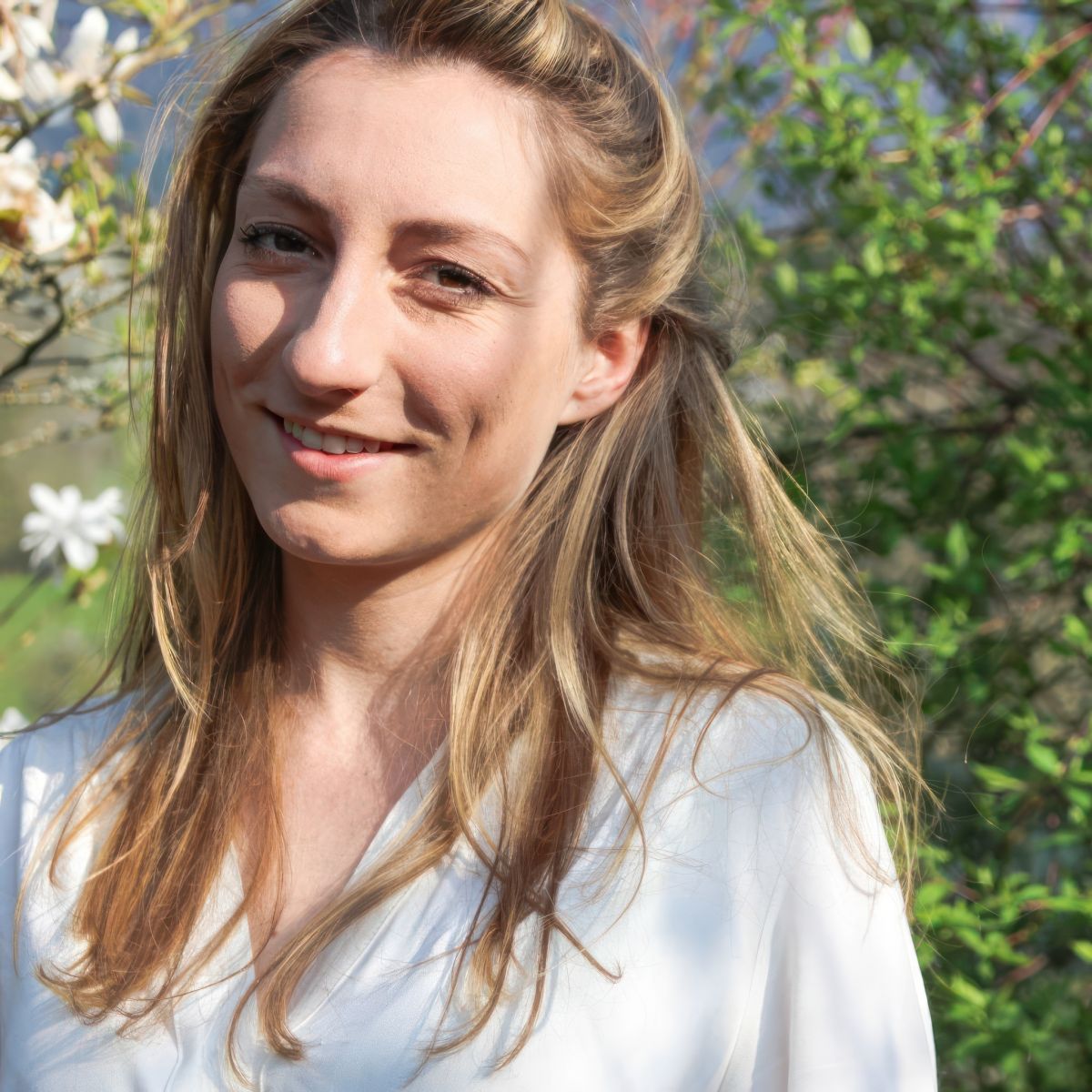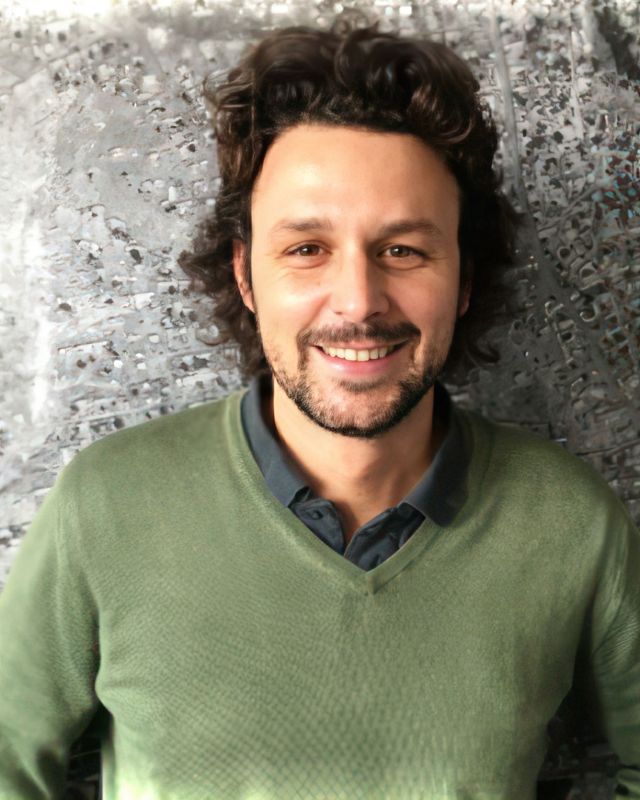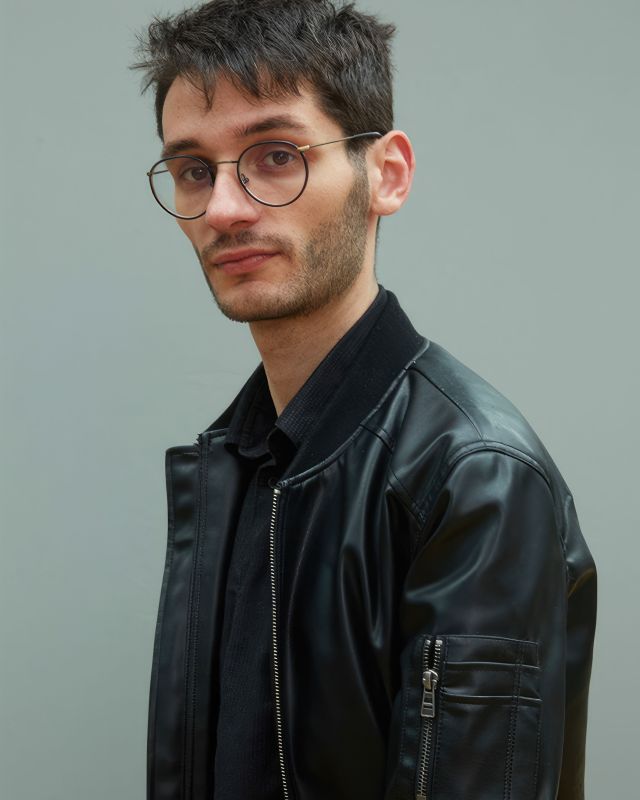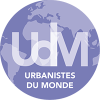Portrait

Louise Thaller - GLM 2015 - a passion for urban development
Published on | Alumni Portraits
Louise is a young alumnus (GLM 2015) who cherishes enriching experiences in the field of urban development. She explores this sector from all angles: first in a consulting firm, then on the funding side, and soon within an NGO. Here’s a look back at a journey defined by her passion for development.
Early Interest
Her interest in the development sector began long before her master’s degree. Indeed, she had already undertaken an internship in Ghana with the French Development Agency (AFD) in her third year, where she worked on a waste management project in Accra's slums. She also conducted her collective project with the AFD, focusing on employment markets in African cities.
The Experience of Working in Consulting
Louise is completing her final internship at Groupe Huit, a consultancy specialising in urban and municipal development based in Paris. She is working on numerous projects in Africa and Asia. This internship allows her to gain a deeper understanding of the development chain, with consultants working both with funders and on the ground with local counterparts and beneficiaries. It has also helped her realise that “after all, working is not as daunting as it seems!” “When you are a student, you feel worthless because you are immersed in all this theoretical ambience and wonder how you will put it all into practice. I found reassurance in this regard,” she explains.
A Frustration? She supports the research and analysis work at headquarters but hasn't been on the ground. Therefore, this experience does not provide her with the full perspective of a consultant's work: consultants must indeed be capable of extracting a lot of information during field missions, analysing it, and relaying it back to headquarters.
“Sciences Po gives you the keys for analysis both before and after the mission. But you are not at the heart of the consulting profession until you step into the field.” Being close to projects and populations seems essential to her: at the end of this internship, she is keen for an experience abroad, in the field. She is then accepted as an international volunteer at AFD in the Central African Republic. It is a destination she hadn't initially considered, she recounts. Consultants from Groupe Huit were returning from a mission in Bangui and had informed her of an opening for a VIA position.
Project Manager in Bangui (Central African Republic)
She thus becomes a project manager for urban development in Bangui. The AFD office in the Central African Republic has recently reopened, shortly after the political-military crisis that shook the country. The office has a limited staff consisting of the director and a volunteer position. She quickly takes on significant responsibilities. The Bangui agency's role is to serve as the interface between the AFD headquarters in Paris and local counterparts - the government and operators. She is therefore constantly engaged in institutional dialogue, interacting with high authorities, public companies, mayors, traditional chiefs, NGOs, and consultants... The key: being flexible and versatile.
An Issue?
Occasionally having to manage topics she is less familiar with. Given the very small staff, it is necessary to “fill the gaps.” Indeed, of the 9 projects she has worked on, the majority were related to urban development, but some also addressed local governance, humanitarian issues, or resource management - thus, some projects were far removed from her preferred subjects. She had to work on a project in the forestry sector, which entails dialogue with both sharp scientists and the industrial sector. She must then quickly learn the jargon of each actor, be proactive, and absorb a vast amount of information swiftly to be credible in the partnership and to influence the dialogue. Ultimately, Sciences Po training assists in this: we are well-prepared to swiftly appropriate a subject.
Does the Transition from Intern to Project Manager with Significant Responsibilities Feel Daunting?
“What one must remember is that if you are recruited, it is because they trust you. There is no time to doubt your abilities, but rather to test and mature them,” says Louise. Initially, she naturally goes through a significant period of adaptation and observation but can later assert herself. “As a young person, you also benefit from a certain level of tolerance from others towards you, but you must show that you believe in what you are doing and that you are putting in the right energy to defend your ideas.” The advantage of contexts deemed challenging is that project managers enjoy greater operational leeway. The Agency has a crucial role to play in advancing practices and innovating. Thus, one should not hesitate to try and to launch ideas.
The landscape of development aid in the Central African Republic is dominated by men, particularly seniors. This is especially true for institutional actors. Therefore, an extra effort was needed to position herself as a young woman in the game. Although there is not specifically an anti-women vision in the Central African Republic, the representation of women in political or managerial roles is low, and interlocutors are more reassured by partners with extensive experience. From the outset, one needs to demonstrate determination and seriousness to build one’s legitimacy. “Moreover, in this work, it is important to show the various actors we work with that we are not a threat but a support, and to build a long-term partnership,” she asserts. While it can sometimes be difficult to manage with just two of them on a daily basis, working within a large institution and being supported by the headquarters also changes the dynamic.
And in Comparison to Consulting Work?
The continuity in institutional relationships is interesting from the funder's perspective, Louise notes. The consultant cannot indeed follow the outcome of their actions and contributions: they intervene for a feasibility study, for example, and then withdraw. The funder, however, remains in the country and constructs relationships with various actors over the span of projects. This also allows them to be a catalyst: in the Central African Republic, the AFD plays a real driving role and can trigger new dynamics. In this profession, it is especially important to respect the authorities and to support them. The political dimension is very present. However, one must be careful not to leave anyone behind: some populations are neglected by the authorities and are not included in decision-making processes when they should be.
Louise expresses a certain disillusionment: “You arrive as a Sciences Po student with your brilliant ideas, wanting to use your energy and collective energy to move things in the right direction, to ensure projects benefit as many as possible, but you quickly understand that this sector is as much about compromise as philanthropy.” It is necessary to learn to negotiate with political, sectoral, and bureaucratic agendas; and to patiently build consensus to make progress. Thus, one must be aligned with their ideas but also find agreements and know when to set aside idealism - it is all a matter of balance.
On a professional level, this is a thrilling experience that allows her to rapidly gain experience and realise that nothing is unachievable.
And on the Personal Side, What is Expat Life Like?
Louise explains to me that in the field, there is a high turnover of young people working in humanitarian aid, particularly in the Central African Republic. Consequently, “it is easy to meet young people from your generation, but harder to establish enduring social relationships. Thus, these are short encounters but remarkable: you easily develop strong affinities because they are there for similar motivations, and you share very intense human adventures. But you must accept that this will only last for a limited time.” The expat world is a small one in Bangui. Louise advises stepping out of this bubble - which may require real effort, but which she doesn’t regret. One should strive to “live a bit locally, to better understand the situation. If you live abroad, it is presumably because you have an affinity for other cultures, so you should make an effort to avoid remaining in your comfort zone, among white foreigners.” She would likely have produced lower-quality work without this knowledge of the local culture gained through her Central African friends.
However, it was also important for her to be integrated into the expat community because “work also happens around beers,” as she puts it. Certain difficulties with projects can thus be unexpectedly resolved outside of working hours. The consequence is that it can be difficult to separate personal life from professional life. It is also important to take the time to learn from other professionals in the field by showing interest in their experiences.
Towards a New Adventure: Project Manager in an NGO in Haiti
After a year and a half in Bangui, Louise is back in France but is preparing to fly to Haiti to follow an urban recovery project in the Cité Soleil neighbourhood of Port-au-Prince, within an NGO. Today, she indeed wishes to have a closer connection with communities - that is, with those who are at the end of the development aid chain and are meant to benefit from it. She is also convinced that to work one day in France within a large institution like the AFD, field experience closely aligned with populations is essential to provide quality work, to offer relevant responses to needs, and thus to add value to the institution.
This new experience is also an opportunity to get to know another continent, other urban dynamics, and to explore a mandate very different from that of a consultant or funder. Louise looks forward to her departure to Haiti with excitement, enthusiasm, and curiosity. An experience that also promises to be very enriching!
Any Advice for Students and Recent Graduates from Sciences Po?
First of all, it is essential to choose your internship wisely, as it can lead to professional opportunities, directly or indirectly. One should also always learn from others, “networking,” not in an opportunistic way, but rather to benefit from their experiences and advice.
Furthermore, one must remain attentive to their convictions. “I’m not saying you have to cling to your beliefs, because you also need to listen to the convictions of others and be open, but you do not want to embark on a professional adventure whose methods or results go against your values.” Our work must have meaning for us, and our actions must seem relevant. “If what you are doing does not lead in the direction you expect, either you do it differently, or you do something else,” she summarises.
One must also know how to stay humble: “When working in the world of development and humanitarian aid, we are engaged in difficult issues of extreme precariousness. We tend to give disproportionate importance to our work. It is crucial to demonstrate humility: just because you are doing humanitarian work with very impoverished or endangered populations doesn’t mean that what you do is more important than what others do!”
Finally, a Last Word: Dare!
The GLM master’s programme is one that opens all doors: according to Louise, one should take advantage of it. For her, we have until the age of 30 to experiment and test everything we are drawn to. One shouldn’t be obsessed with the term career and shouldn’t fear embarking on an adventure without having all the keys beforehand. Going abroad can also provide the opportunity to have greater responsibilities than within a well-established structure in France.
You can contact Louise at this address:
Stéphane Milhaud - STU 2009 - Urban Planning Engineer at Groupe Huit
Published on 30 October 2017
Graduating from STU in 2009, Stéphane Milhaud is a urban planner at Groupe Huit, a multidisciplinary French consultancy specialising in the municipal and urban…
Hugo Christy - GLM 2012 - Director of Ideas, Content & Communities at REI Habitat
Published on 09 April 2017
How Does One Become an Ideas Director? Hugo Christy is a GLM 2013 graduate who committed full-time to working with Anne Hidalgo, who was then First Deputy…
 English
English  Français
Français 




